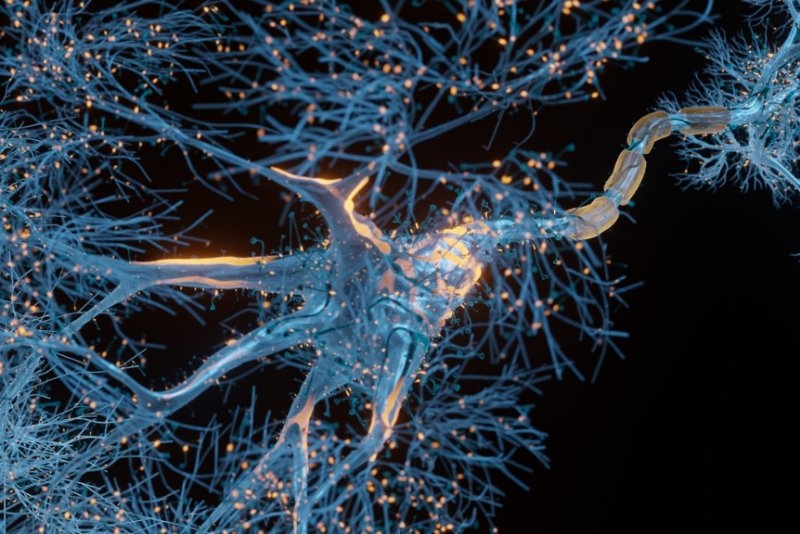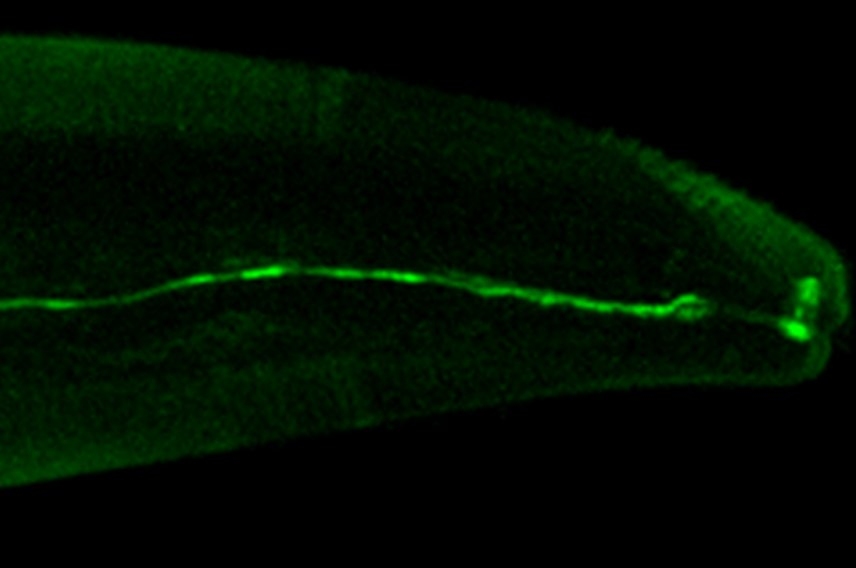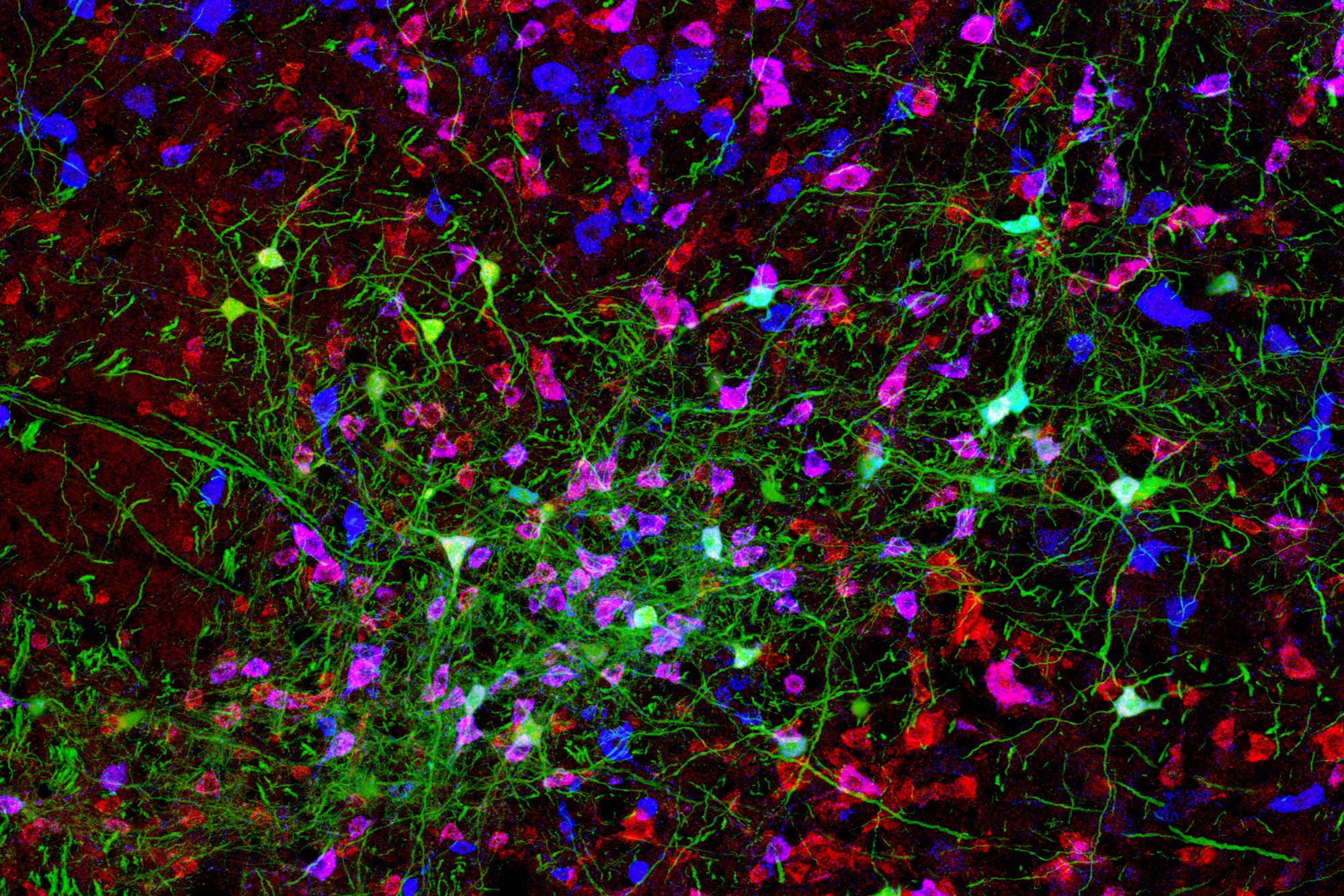Neurodegenerative disease can progress in newly identified patterns
A machine-learning method finds patterns of health decline in ALS, informing future clinical trial designs and mechanism discovery. The technique also extends to Alzheimer’s and Parkinson’s.
Sept. 27, 2022 • ~10 min







